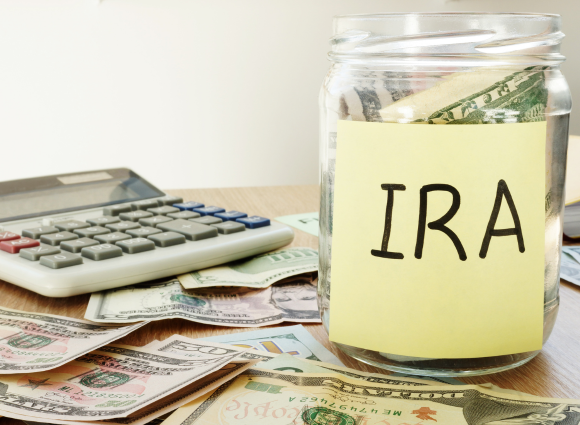
Are Target Date Funds Right for You?
A target date fund (TDF) is a mutual fund or exchange-traded fund made up of multiple underlying investments designed to meet an investor’s future financial goal, such as retirement or saving for college expenses. The name of these funds often includes the year in which the individual intends to begin withdrawing from the investment, so if someone expects to retire in 2050, they could invest in the “2050 Fund”. The asset allocation in a TDF is periodically rebalanced, starting out with a higher level of risk tolerance and becoming more conservative as the target date approaches.
According to the Retirement Plan Sponsor Council of America, 80% of 401(k) plans include TDFs as the default investment options for plan participants who don’t make investment selections. With automatic rebalancing, TDFs are a convenient way to invest in the market and receive a better rate of return than a purely fixed income investment option. TDFs are therefore especially attractive to individuals without much investment expertise.
There are two kinds of target date funds – “to” funds and “through” funds. The difference is the point at which the fund’s rebalancing ends. In a “to” fund, investments are managed up to the target date but not beyond. In a “through” fund, investments continue to be managed beyond the target date, including some stocks but weighing heavily toward conservative, lower-risk investments. Which one of these you should choose depends on your personal risk profile and circumstances.
Usually, if an individual invests in a target date fund, no other investments are necessary since they are intended to be optimally structured for the financial goal’s timeline. But what if the individual’s financial goals change? Maybe you want to retire earlier . . . or later. Maybe your child decides not to go to college. The autopilot aspect of a TDF can also be a disadvantage if your circumstances change.
Target date funds do not produce a guaranteed rate of return. They’re subject to market fluctuation since they’re made up of mutual funds and exchange traded funds (ETFs). TDFs can also have higher internal fees, so it’s worth doing your research to determine whether other investment vehicles could meet the same needs.
Not all TDFs are created equal. While the early years of a fund will be more heavily weighted toward stocks, the asset classes within different TDFs could include a variety of stocks, including international investments. One TDF might invest 60% in stocks at the target date while another might only hold 40% in stocks as of the same point in time. Those differences will result in significant different rates of return.
So, it’s a good idea to research your investment options. Most 401(k) plans have a financial advisor with whom participants can visit about their personal situation, and when considering target date funds outside a 401(k), visit with an investment professional to determine what’s most appropriate for you.



